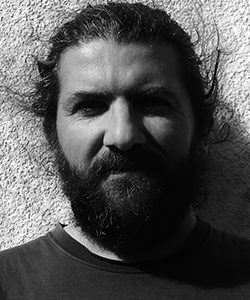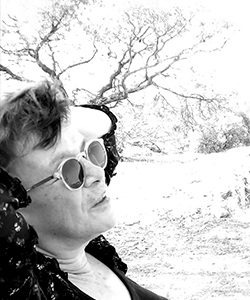Dr Bryony Onciul,
Senior Lecturer in Public History, University of Exeter, Cornwall Campus
Bryony Onciul is a Senior Lecturer in History at the University of Exeter, and the Director of a new MA and MRes in International Heritage Management and Consultancy. She specialises in critical heritage, focusing on community engagement and the indigenisation and decolonisation of heritage and museology. Recently she has been researching the impact of climate change on heritage. Her last book is Museums, Heritage and Indigenous Voice: Decolonizing Engagement. She has worked on many grant funded research projects doing engaged research in Canada, UK and Oceania. She is the Founder and Chair of the UK Chapter of the Association of Critical Heritage Studies and an elected member of the international Association of Critical Heritage Studies Executive Board since 2016.
The Role of Community Engagement in Decolonising Heritage
ABSTRACT
Community engagement is an increasingly common approach in heritage management. Thoughtful collaboration can be a key step towards enriching the ways we conceptualise and practice heritage. It means more than just working with others, but reconsidering the frameworks that currently determine what is possible.
Based on my book Museums, Heritage and Indigenous Voice: Decolonizing Engagement and recent work, this paper explores the power relations in community engagementand proposes the need to think about these relations in terms of ‘engagement zones’. The paper will draw upon examples from Canada, where relations between Canadian heritage professionals and First Nations Indigenous communities can be politically charged, given the history of colonialism, recent acknowledgement of cultural genocide, and a call to action in 2015 to decolonise and indigenise heritage in Canada. This means working with the principles set out by the United Nations Declaration on the Rights of Indigenous Peoples, which state that indigenous communities have rights to access and control their heritage.
Using case studies, the paper will explore how heritage professions engage with communities, how power is negotiated within engagement zones, and how different cultural approaches can be utilised to address sensitive and difficult histories. The paper will then discuss the challenges of institutionalising change, and explore the post-engagement period, particularly how to negotiate the lasting legacies of co-created exhibitions.









